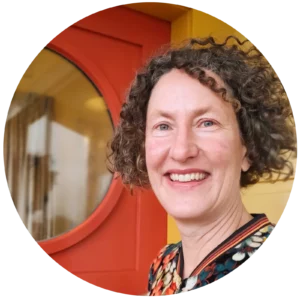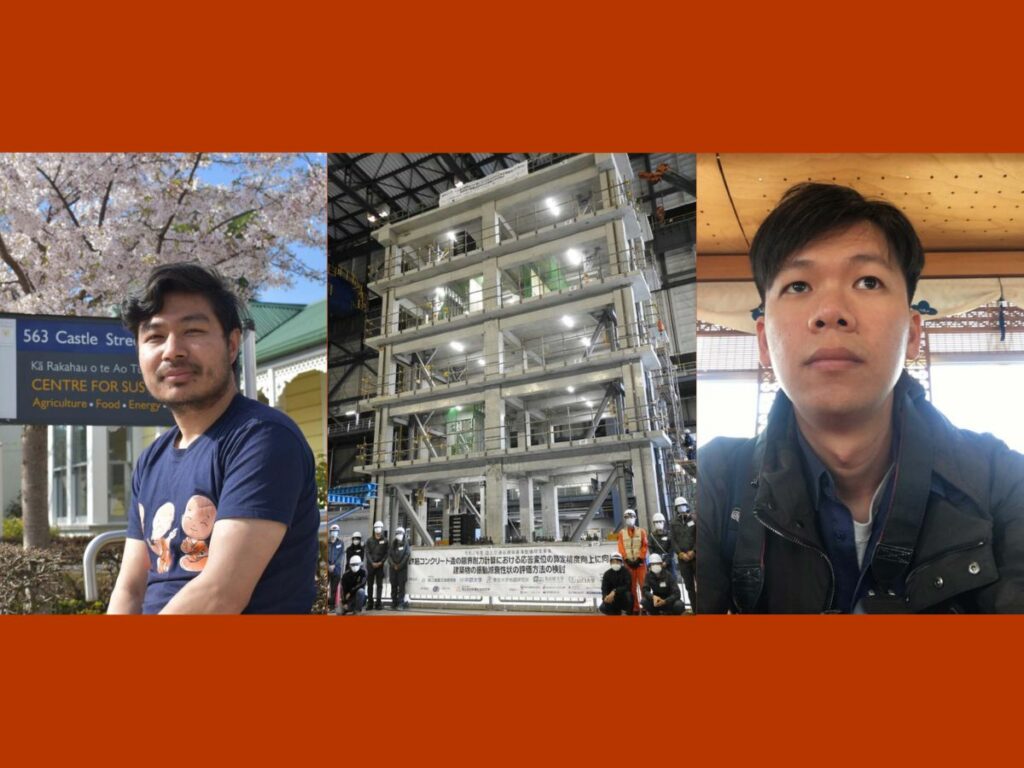“In the middle of difficulty lies opportunity”. Einstein’s words have been ringing true for international students recently. Since the Covid-19 pandemic led to travel restrictions, students have had to adapt to changing circumstances. Te Hiranga Rū QuakeCoRE has had to get smarter about operating as a virtual organisation and providing a sense of community from a distance.
Shakti Raj Shrestha came to Aotearoa New Zealand in 2018 to do a PhD on the cordons that get erected around damaged zones after earthquakes. As Shakti got deeper into his topic, he realised that the web of legal, economic, ethical and political considerations he was addressing were unfolding around him in daily life. “Cordons are like inside out lockdowns. Authorities want to protect the public; after a while people just want to get on with life.”
Shakti has been locked down in Nepal and New Zealand. Caroline Orchiston and Shakti’s other supervisors were supportive and inventive about where he worked so a cordon case study from Nepal became part of his thesis. Although Shakti found it hard to be productive while isolated, lockdowns have resulted in a stronger international perspective to his research.
Ryo Kuwabara is researching earthquake-damaged buildings to clarify when they can be re-occupied or if they need to be repaired or demolished. Ryo received a PhD scholarship from the University of Auckland in 2020 but has had to stay in Japan. With the help of supervisors Ken Elwood and Lucas Hogan, Ryo made the most of being in the “wrong” place at the right time. Collaboration between the University of Auckland and the Earthquake Research Institute at the University of Tokyo enabled Ryo to join the project team for a full-scale test of building strength using the world’s largest shake table. Data from this test will now be key to Ryo’s thesis.
Ryo says the most important aspects to studying while isolated are to communicate regularly and manage your schedule to stay motivated. He has found QuakeCoRE’s online events useful but is looking forward to joining the community in person.
Ren-Jei Tsai has had to stay in Taiwan since starting his New Zealand PhD. He is investigating engineering solutions for making buildings safer in earthquakes. He aims to develop a procedure that makes coupled wall systems more ductile. Fortunately, Ren-Jei’s supervisor Rick Henry had links with Taiwan’s National Centre for Research on Earthquake Engineering. Ren-Jei has benefitted from this collaboration to learn from experts abroad and join useful experiments.
As QuakeCoRE students and supervisors seize opportunities that arise out of restrictions, they are simultaneously strengthening international collaborations and broadening research horizons.

